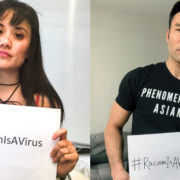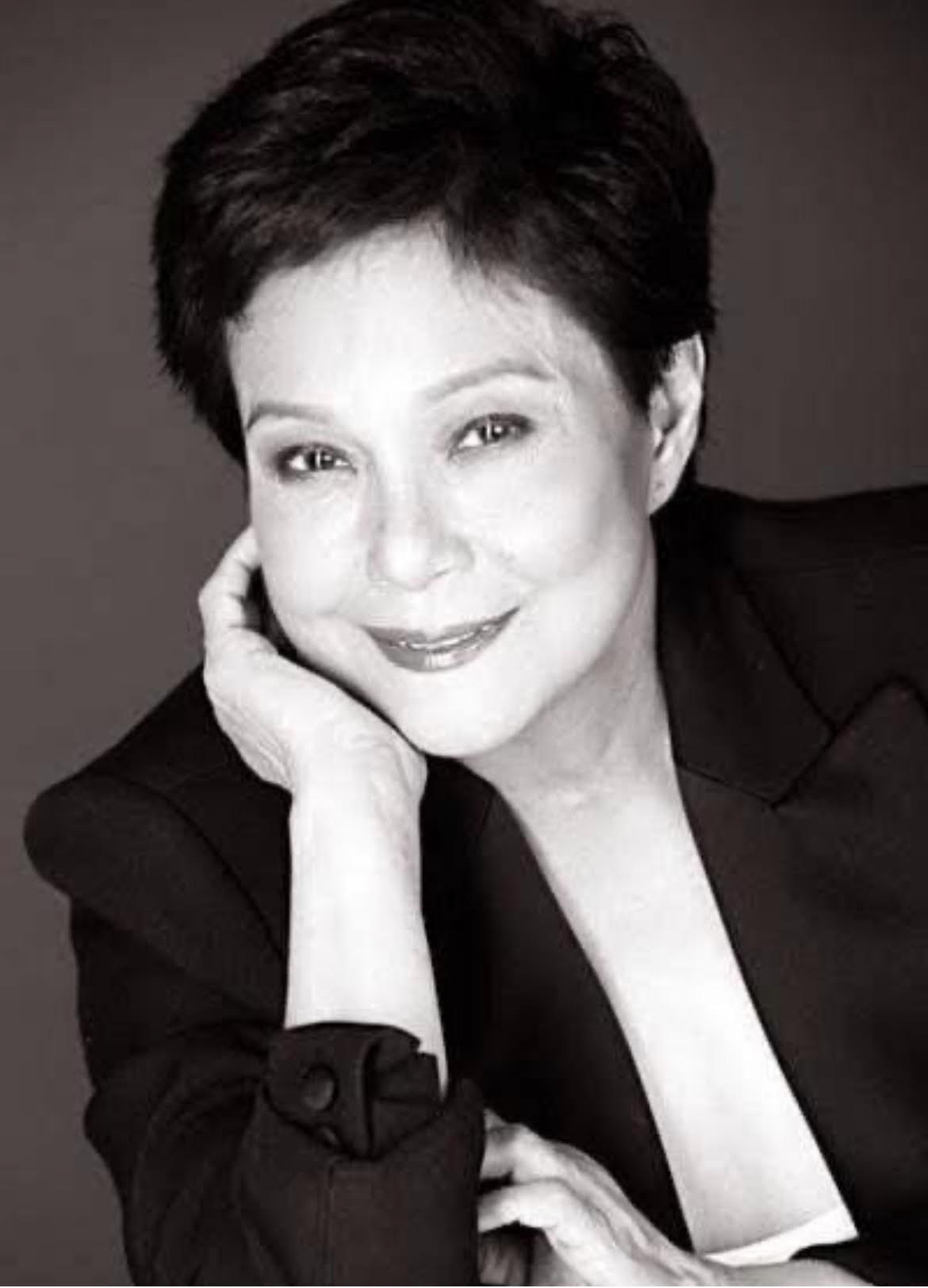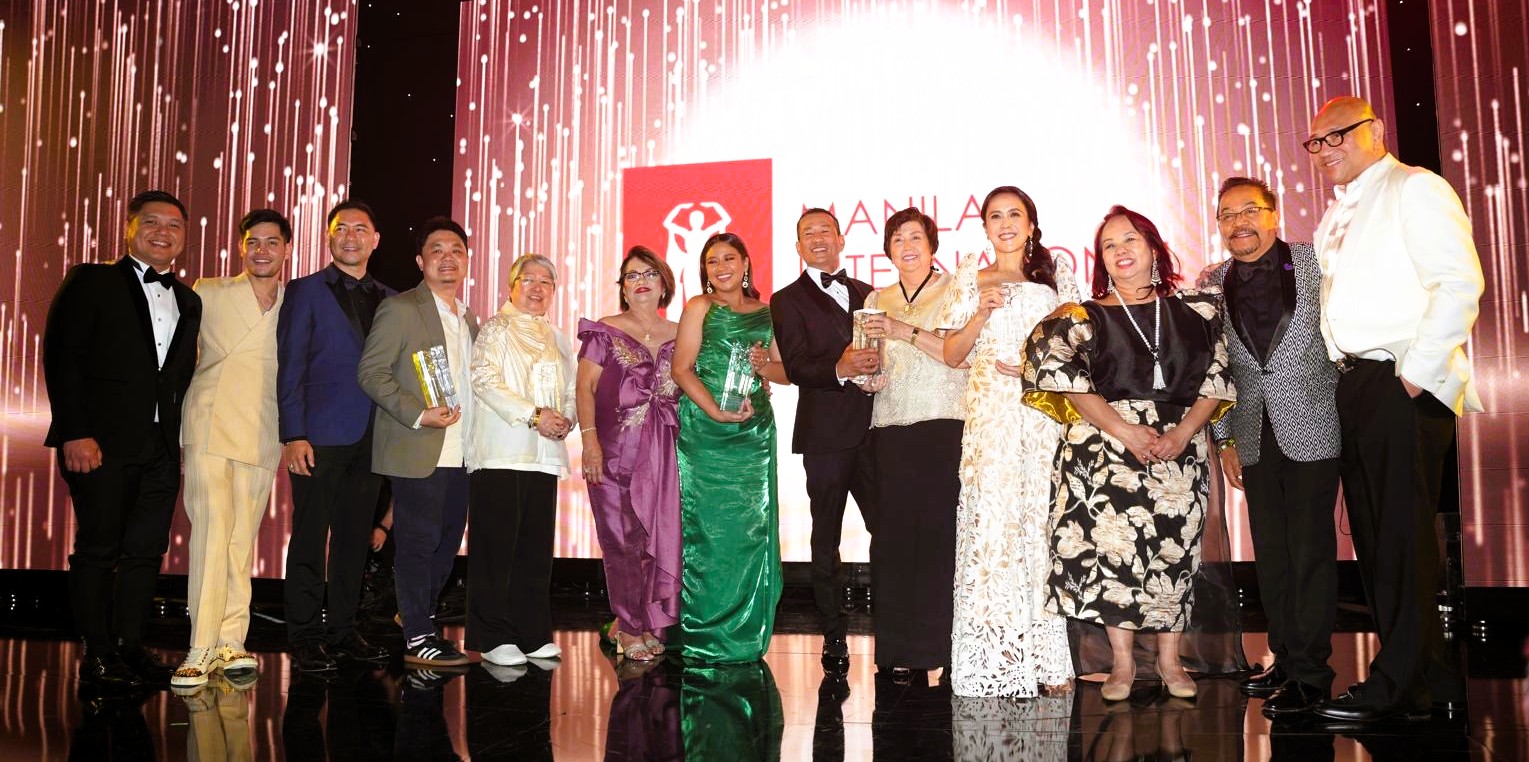Like industries across the country, Broadway has closed the curtain and joined the millions of Americans in self-isolation amid the current outbreak of the new coronavirus.
The Broadway community — which includes many notable Asian American and Pacific Islander (AAPI) actors, singers and artists — has always prided itself as an inclusive space that celebrates humans of all origins, genders, abilities and sexual orientations.
And the latest example of the comes in the form of a social media campaign #RacismIsAVirus, which was launched to shed the spotlight on the reports of hate and violence against the AAPI community amid the COVID-19 viral outbreak, which originated in Wuhan, China.
As written in the Asian Journal, social media posts of mostly individuals hurling insults directly at Asians or blaming Asians for the massive spread of the COVID-19 virus have catalyzed an enormous pushback effort from AAPIs and allies on social media.
Organized by the Broadway Diversity Project’s Diane Phelan, a Filipina American Broadway actress (“School of Rock,” “The King and I,” “Here Lies Love”) and director, the #RacismIsAVirus campaign was inspired by photos and videos she saw countering the “timid stereotypes” of Asians.
“I imagined how immediate and critical it could be for social media to be flooded with Asian and ally faces with a unifying sign calling for awareness and an end to the ignorance placed upon the Asian and Asian American community,” Phelan said. “This includes the term ‘Chinese Virus’ used by the President to place blame and scapegoat. Our cultures have long been associated with stereotypes of being the timid, model minority, and while stoicism bears much honor within our parents’ cultures, it’s time for us to speak up.”
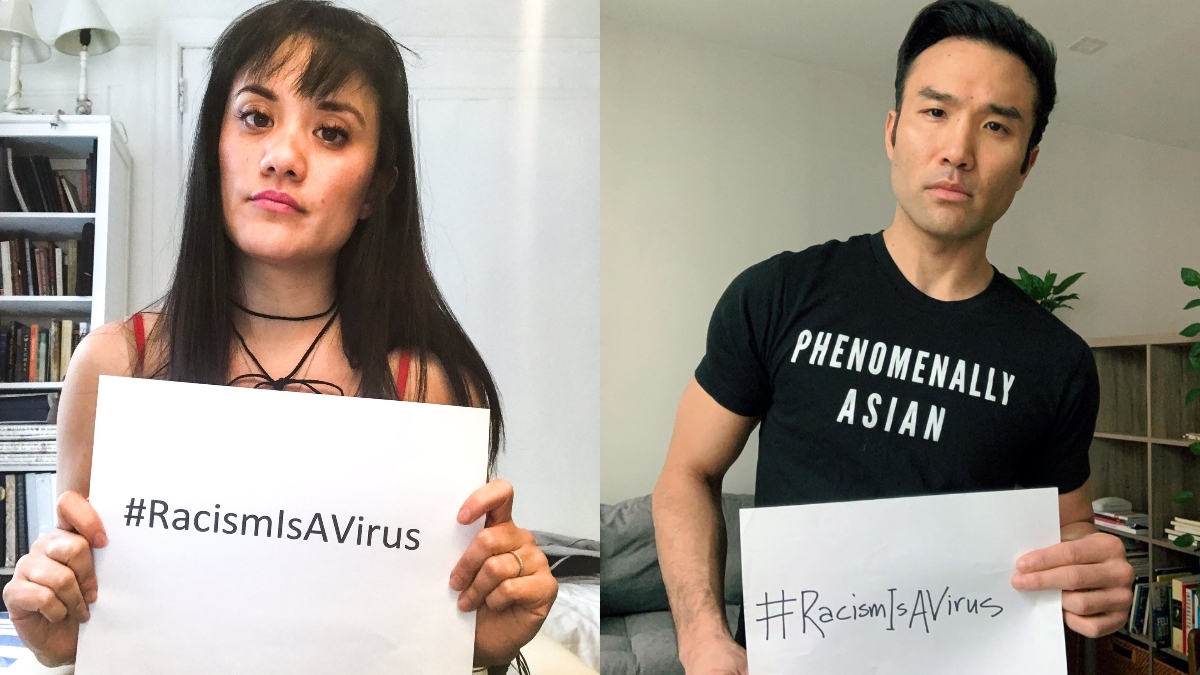
Shortly after Phelan launched the campaign, other Broadway stars immediately supported the cause, including Filipino American Marc Dela Cruz (“Hamilton: An American Musical”), Chinese American Telly Leung (“Aladdin,” “Rent”). The movement has also gained the support of other celebrities like actors Daniel Dae Kim and Tzi Ma, NBA star Jeremy Lin and renowned filmmaker Spike Lee.
To join the campaign, users may post a selfie or any photo of themselves to any social media platform and include the hashtag #RacismIsAVirus; according to a press release, the campaign has “reached over 600,000 users” and is spreading rapidly throughout Instagram, Twitter, Facebook and other popular social media platforms.
According to Phelan, the call to action for the campaign is to ensure that Asian voices are heard in a way that adheres to the stay-at-home measures put in place.
“We can’t gather or march right now but we can let our voices be heard through social media. My dream is to heal any sense of powerlessness in our people through standing up for ourselves and pushing back on the acts of racism happening in our country,” Phelan said.
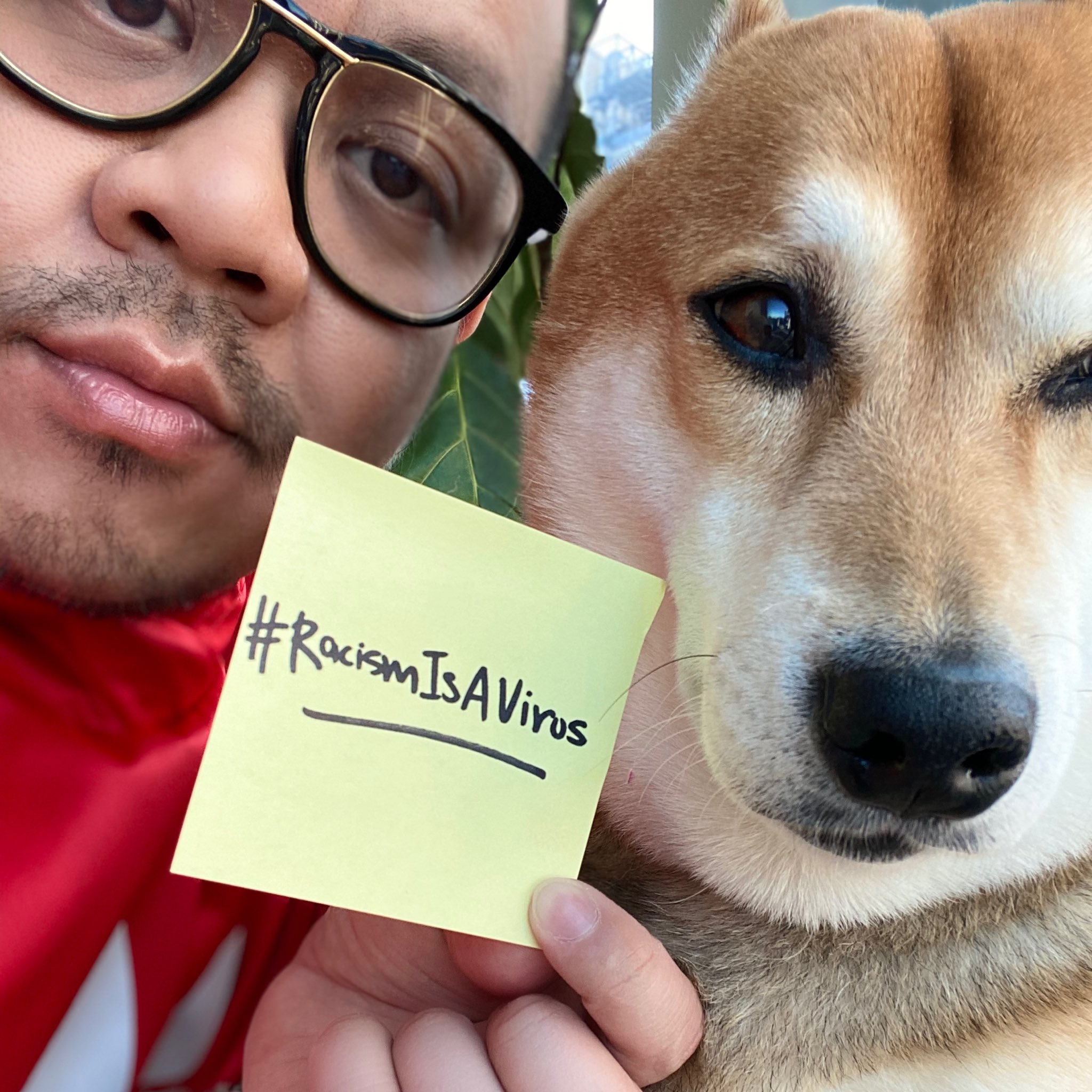
For Filipinos who may feel like they don’t have to join in the cause since the virus began in China, specifically, Phelan noted the importance of solidarity among all Asian and Pacific Islander cultures, and that the impact of a cross-cultural campaign is instrumental in suppressing the racist and xenophobic attacks.
“Filipinos should care and get involved because racism against any other Asian American community is racism against all of us,” she remarked. “Many people don’t discern between who is who amongst Asians and the for all of us to stand up together shows the world we won’t tolerate being treated this way.”
As previously written in the Asian Journal, the history of racism against Asians during epidemics and pandemics is largely rooted in the myth that certain bodies are biologically inferior or are more susceptible to infection, therefore dangering the American public.
Though local, state and federal governments in the U.S. have since abandoned implementing policies that reflect these sentiments, the notion that because a virus may have originated from Asia that those of Asian descent — or those who resemble Asian heritage — are either to blame or are infected.
“Discrimination toward Asians and Asian Americans has run rampant for quite some time, but has generally been overlooked,” said Filipino American film producer Jeremiah Abraham, who is also the founder of Tremendous, a cross-cultural communications company. “It’s unfortunate that it takes a global pandemic to make our struggle seen by the masses. The furious outcry from our communities gives me hope in the sense that we will never let xenophobia go unnoticed ever again.”


